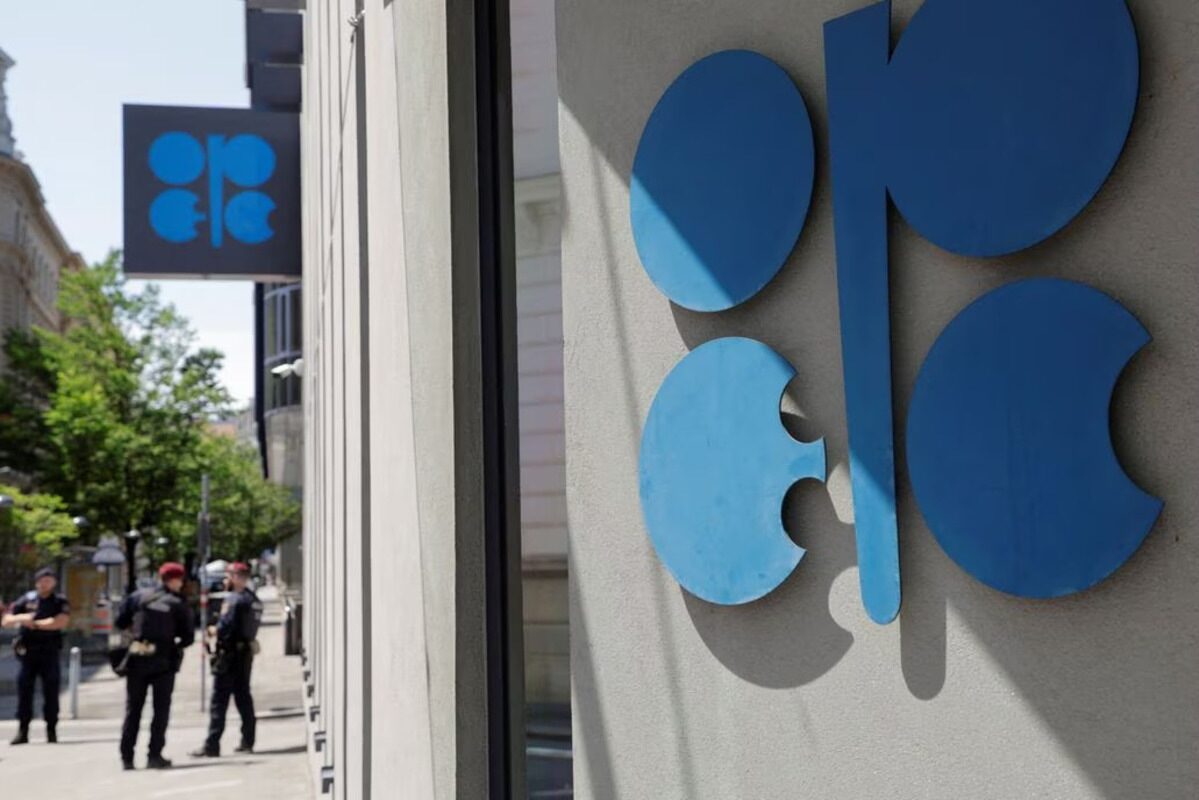According to the OPEC Annual Statistical Bulletin (ASB) 2023, the world proven crude oil reserves rose by 17 billion barrels to reach 1.564 billion barrels by the end of 2022. Within OPEC member states, the proven crude oil reserves stood at 1.244 billion barrels at the end of the previous year.
The most recent statistical data indicates that global refining capacity experienced a growth of 0.50 million barrels per day in 2022, compared to the previous year. As a result, the refining capacity reached 101.77 million barrels per day.
Read more: OPEC International Seminar touches on market stability, investment challenges
According to the Organization of the Petroleum Exporting Countries (OPEC), the Middle East and China witnessed the largest increases in refining capacity, with OPEC countries experiencing growth in their refining capacity. On the other hand, countries belonging to the Organization for Economic Co-operation and Development (OECD) saw a decline in their refining capacity.
Advancing sustainability
OPEC reaffirmed its unwavering commitment to advancing sustainability and ensuring universal access to reliable and affordable energy sources, aligning with the United Nations Sustainable Development Goals. In addition, the organization emphasized that the oil industry, through technological innovation, has the potential to enhance the well-being of billions of people in a sustainable manner. This can be achieved by employing technologies that mitigate and eliminate greenhouse gas emissions.
The organization noted that energy poverty continues to be a significant problem that affects people globally. They explained that the oil industry, like other sectors, relies on investment for technology development. These technologies aim to tackle climate challenges. The importance of utilizing the industry’s capacity for technological innovation in development was emphasized by OPEC. The organization further highlighted the need for additional oil to support global economic growth. This requirement is particularly crucial in developing countries. Forecasts based on data support this assertion.

Firm support
On Tuesday, state media reports confirmed that the Saudi Arabian cabinet reiterated its support for OPEC and its allies, collectively known as OPEC+. They aim to stabilize the oil market through precautionary measures.
The affirmation of support comes at a time when the oil market is facing significant challenges. The COVID-19 pandemic has significantly impacted global oil demand, causing a decrease in consumption. Consequently, an oversupply of oil has emerged, exerting downward pressure on prices.
In response to this situation, OPEC+ has taken measures to tackle the excess supply of oil in the market. Production cuts were implemented in April. They have been extended until July. More extensions are expected to maintain oil prices.
The cabinet’s statement reinforces Saudi Arabia’s commitment as a prominent global oil producer. Their dedication is focused on stabilizing the market. Furthermore, the statement highlighted the importance of collaboration among oil-producing nations. This collaboration is responsible for addressing challenges in the global oil industry.
For more energy-related news, click here.








